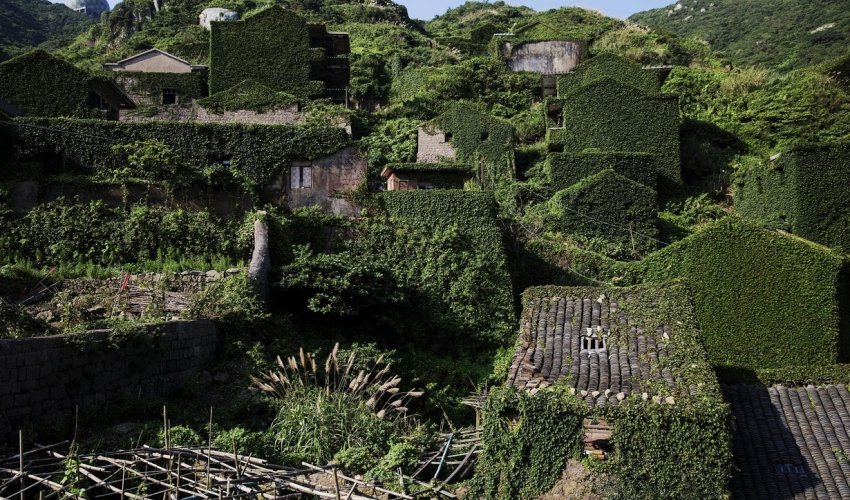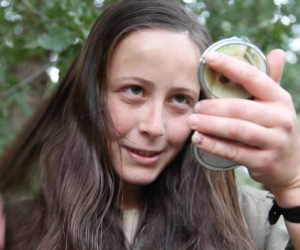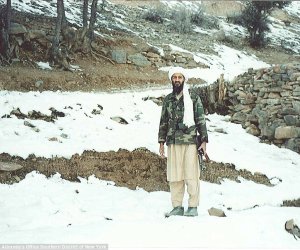Man's head Only a handful of people still live on the tiny island of Shengshan, but tourists still

At six in the morning minibuses unload passengers and they, armed with zillions of megapixels, descend in small abiding units down the hill. In the valley, only the tips of buildings peek from the mist as people carefully enter what looks like a movie set.
Except on the tiny island of Shengshan east of Shanghai drowsy tourists not actors are on a mission to make their holidays unforgettable. Emerging from the fog is a long-abandoned fishing village. Morning sun chases clouds away and deserted Houtouwan, now full of people, emerges bathed in beautiful, warm colours.
With over 500 houses, the village used to be home to more than 2,000 fishermen and their families. In the early 1990s first rich and powerful families started to leave, locals said, due to issues not unknown to such remote islands - education and food delivery among them - and the appeal of a better life away from the island.
Others followed in droves and by 1994 almost everyone else had gone. Now just a handful of people still live there.
Sun Ayue, one of the remaining residents, invited me to his very basic home. A single room with a wooden bed and no mattress, one chair to sit and another serving as a table; on the bare floor are a few candles, while a half-torn poster of the Chinese God of Fortune is on the wall.
The old man recounts his life full of sorrow with amazing calm. Soon I don’t hear his words anymore, only focusing on the tough face, wrinkled and bewildered.
Time stood still and nature started reclaiming what is hers. The village now looks not unlike what I’ve seen in Chernobyl and other similar forsaken places. Vegetation climbs walls, breaks through doors and windows covering all in green; narrow paths become even narrower and more dangerous to negotiate. Parts of the village are permanently inaccessible, adding to the mystical feel.
Three more people live in the village: an old lady further away in the next bay and a couple with a pack of wolf-like, half mad dogs who moved long ago into an abandoned school. That, plus maybe an occasional visit by former residents, was all the village knew for twenty years.
Inside the houses all is covered by fine moss and colours fade away. Tiny branches, like veins on old man’s legs, spread all around, decorating the emptiness. In one building, children’s clothes are tidily folded, as if someone wanted to leave a sign of hope that life will come back one day.
And then, a few years ago some strangers started coming. First very few and then more and more ever-curious tourists climbed over the hill from a town nearby.
Naturally they all had cameras and were happy to share their pictures. The word, or better say picture, of a beautiful ghost village spread fast. All of a sudden a small invasion of visitors started and has never stopped.
Even some old residents started coming back. Local officials asked Cheng Shizhang, former head of the village’s communist party, and some other elders to spend a few hours a day in their old village every day and "take care of tourists”.
Dressed in a grey undershirt, dignified, theatrical and old school, Mr Cheng welcomes visitors, asking them to stay on pathways and not enter abandoned houses for their own safety. You have to watch your step here, as little dangers are everywhere.
(Reuters)










www.ann.az
Similar news
Similar news
Latest news 
More news 



































 Photo
Photo 



 Video
Video 

